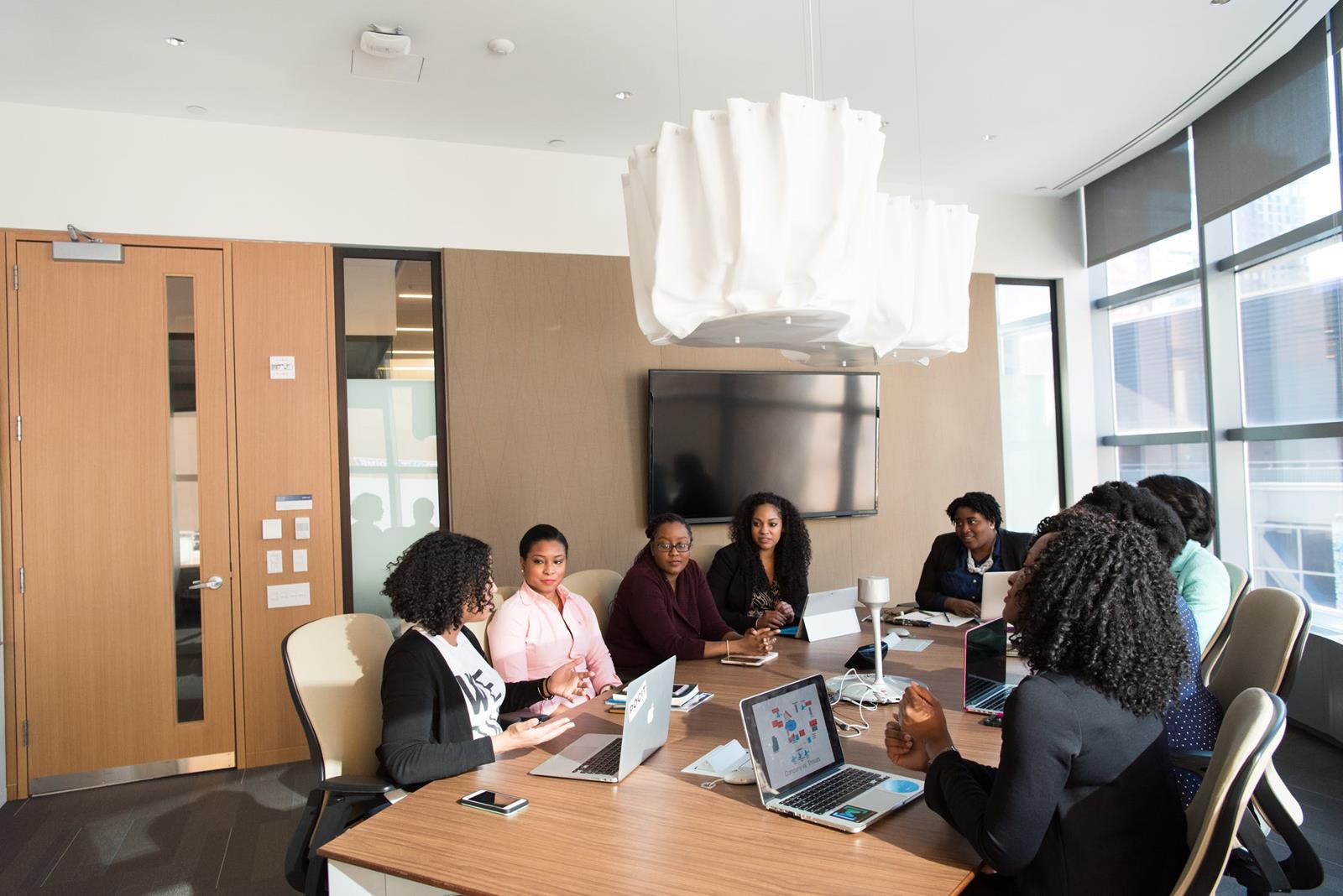For any business, traveling can be both an effective and profitable way of increasing exposure and creating awareness and brand recognition. Whilst many companies see business travel as a potentially profitable investment in their future growth, relatively few realize just how much this can benefit them in terms of both customer relations and market exposure. The first step in determining whether your company needs to consider business travel or is simply a case of ‘seeing what you can take’ is to look at your current situation. What are your existing strengths and weaknesses?
Business tourism is the provision of services and facilities to the many thousands of delegates that regularly attend various conferences, meetings, exhibits, business events, charity events, incentive programmes and other hospitality-related activities. In order to achieve maximum benefits from these visits, businesses must ensure that all staff involved in the various aspects of the events are sufficiently up-to-date on business travel issues. In addition to checking-in with designated business hotels and resorts, they must also be aware of any other applicable requirements and restrictions when attending such venues. If a company’s management is planning to hold a business conference or seminar in another country, it is advisable to seek advice from experienced international hospitality specialists. They will be able to provide organisations with valuable tips and advice that can help to ensure conferences and events go off without a hitch.
If an individual travelling to a different city or even across the globe for the purpose of conducting business meets and/or interviews does not have understanding and access to relevant information regarding their hosts’ business policies and practices, they may find themselves very frustrated and ineffective. If a firm wishes to effectively conduct business meetings overseas, they must firstly establish effective rapport with the local authorities and deal with any issues or concerns they may have. Additionally, hotels and resorts must be able to cater for a diverse range of guests. Some delegates may be meeting delegates from foreign countries, whilst others may wish to stay in luxury accommodation. These factors must be considered by those organising such trips.
Convention planners and conference organisers add-ons include a wide range of resources and services that make sure all aspects of the convention or conference are well-prepared. They can assist with accommodation options, transportation and leisure activities such as entertainment and dining. They can help arrange visa sponsorship, help arrange airport transportation, and provide advice and recommendations on employment issues, cultural considerations and local business culture. Many convention planners also offer translation and interpreter’s services, which can make an enormous difference to proceedings.
The business travel and tourism industry are enjoying unprecedented growth and prosperity. Whilst this is great news for the local economy, it can also have a negative impact on certain regions and communities due to the effects of excessive business tourism and convention activity. Not only is there a negative environmental impact on natural environments, but there is also a financial one due to increased taxation of hotels and accommodation, higher unemployment, slower investment returns and lower tourist spending. Convention planners can reduce these costs by ensuring projects run according to environmentally and economically sustainable methods.
For example, the Kenya tourism industry has identified the coastlines as a prime offshore tourism development area, given their combination of natural beauty and relatively affordable accommodation prices. As a result, many coastal resorts are being developed to attract business and leisure travellers. To support this development, many of these resort areas are becoming development partners in economic corridors throughout the country, particularly in Lagos, Kenya’s main city. This is part of a programme to create ‘development corridors’ across sub-national entities such as townships, urban agglomerations and islands – creating business corridors so that trade between the different entities can be maximised. As well as boosting tourism potential through business conferences in Kenya, by facilitating international business through hotels, business hotels, guest houses and private sector organisations, this scheme is helping to develop the overall economic performance of the region.
Other business travellers to Kenya may not feel the need to create corporate lodging options because they are coming from other developed countries where this is not the case. However, it is important for business travellers to recognise that their own lifestyle, coupled with that of their travelling colleagues, needs to be taken into account when considering accommodation options. It is understandable that business leaders and their families may be focused on developing their business. However, if they find that they are competing against a similar number of family and holiday travellers, then the importance of finding cost-effective, convenient and friendly lodging solutions cannot be overlooked.
In conclusion, the growth and development of sub-regions within Kenya provide great opportunity for business travellers. The tourism industry, already experiencing growth, is set to benefit from further expansion, making hotels and other accommodation options competitive in the global tourism market. Whether travelling from the UK or the US, a business traveller needs to research the different areas of sub-Saharan Africa to identify opportunities for business meetings. Not only will you make better business decisions, you will also be able to experience a more comfortable and convenient holiday. Ultimately, this will boost your overall enjoyment of your business trip, making meeting the personal demands of your business trip a lot easier.





